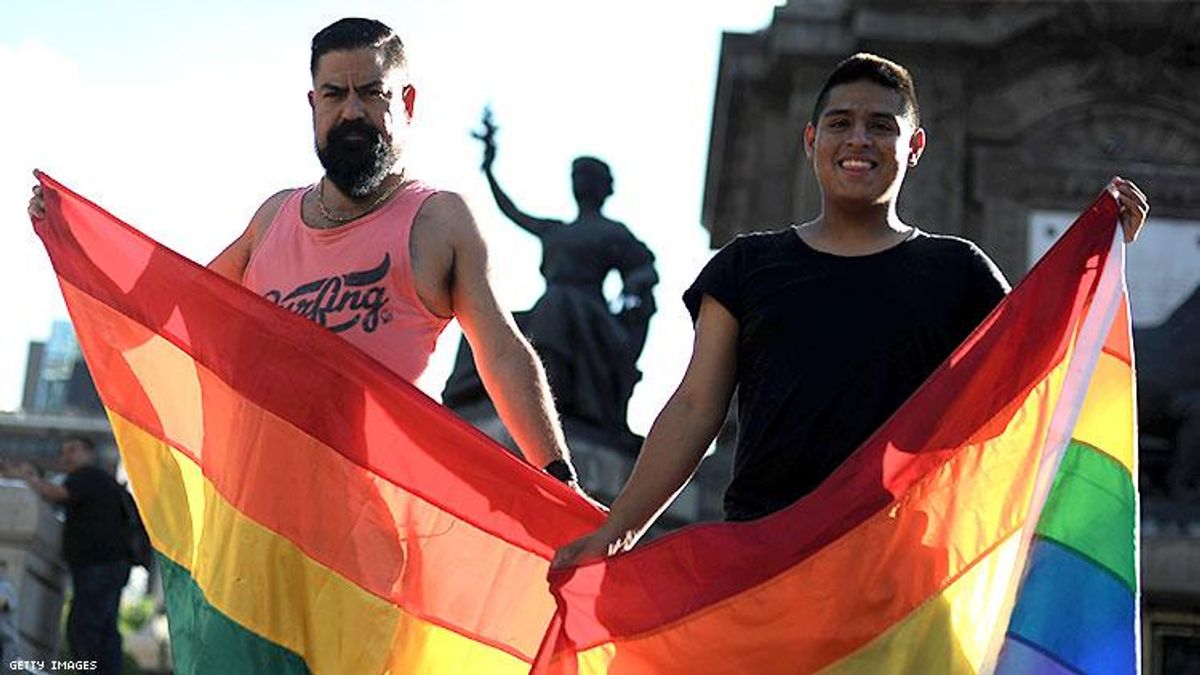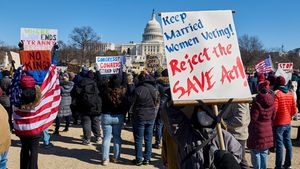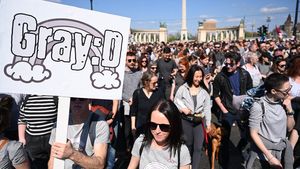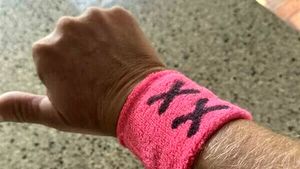Communities outside the dominant systems of power -- women, LGBTQ+ folk, people of color, disabled people, non-Christians, etc. -- often develop a number of coping mechanisms used to navigate lived experiences on the margins. One such tool is silence, with some choosing not to verbalize the identity-based oppressions that consistently present themselves. Perhaps that's why many victims of crimes believed to be motivated by hate don't disclose the incident, to their friends and families or to law enforcement officials.
This conversation, about the particulars of hate-based violence, is yet again another discussion point as more unconfirmed details emerge about the alleged homophobic and racist attack Jussie Smollett says he faced over two weeks ago, sowing sentiments of deception toward the Empire actor's account. But no matter what happens in the still-unfolding investigation, we should not allow the circus that this case has become to call into question our moral obligation to believe people who say they are victims.
A 2018 analysis of the federal National Crime Victimization Survey, conducted by the Carnegie-Knight News21 reporting initiative and published by The Center for Public Integrity, found that more than 2.4 million crimes, whose victims suspect were motivated by hate, were committed across the United States in the five years between 2012 and 2016. But hate crime data from the FBI for the same time period says only 30,000 hate crimes were reported to them by local police, with only 12 percent of the nation's police departments reporting any hate crimes at all to the FBI. This means that hate-based violence is occuring more often than it's being reported to, or logged by, local law enforcement.
The documented reasons as to why victims of violence, hate-based or otherwise, are reluctant to report to police, as opposed to disclosing to activist-oriented and social uplift organizations, are vast. For LGBTQ+ people, innumerable examples of a lack of cultural competency (misgendering trans people, personal anti-LGBTQ+ sentiment, etc.) by cops engender distrust. For some Latinos and immigrants, they fear reporting incidents to authorities because of their, or their families', undocumented status or the anti-immigrant climate spurred by Donald Trump's election. For Black people, who are still victims of hate crimes more than any other group, believing police have their best interests at heart, when departments nationwide consistently support, and sometimes cover for, the officers involved killing unarmed Black (and brown) bodies, is futile.
And the patchwork of legal protections across the country don't help. Hate crime laws are not consistent across the 46 states that have statutes criminalizing bias-motivated violence or intimidation, according to the Movement Advancement Project. And while hate crime laws in 16 of those states do not include either sexual orientation or gender identity, Arkansas, South Carolina, Indiana and Wyoming have no hate crime protections at all.
Moreover, while much of these statistics center on hate-related violence, those who face other forms such as sexual or emotional abuse have a similar reticence to law enforcement.
All of this is to say that for the comparatively few people who do choose to publicly disclose that they are victims of any sort of violence, the likelihood that they are not being forthcoming is slim. The FBI estimates that between 2% and 8% of hate crime reports are hoaxes, "a tiny number," according to the Southern Poverty Law Center, in comparison with the many instances even the federal government contends goes unreported.
We've seen what a world looks like when our default is to question and ignore those who amass the necessary courage to speak up and out against individuals and systems built on their silence and subjugation. It's one that must go through the mass reckoning of the last five years that brought about the rise of #BlackLivesMatter, #MeToo, and #TimesUp. If we say we've learned anything from it all, it should be to at least start from a place of believing victims. And whatever ends up being the final determination of Smollett's account shouldn't and doesn't change that.
RELATED | Jussie Smollett Orchestrated Attack, Says Chicago PD Source

























































































